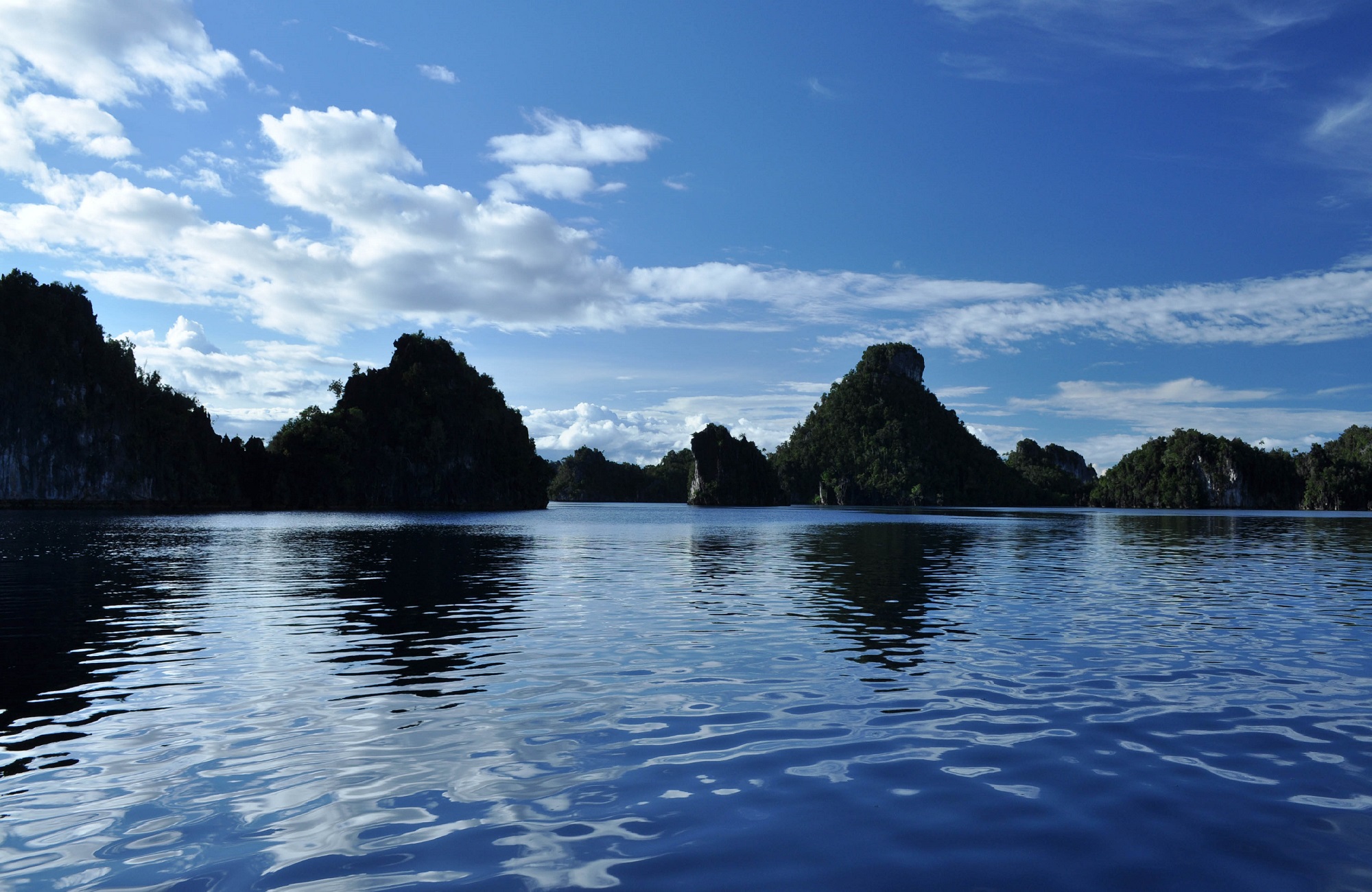On the 25th May, WRAPTIE™ and One Brown Planet was a proud sponsor and Co-host of the 2019 Taiwan National Cleanup Event (TNCU).
-
- 20 Locations Across Taiwan
- 600+ Volunteers
- 8600kg Trash Collected
It was an incredible effort from so many people, especially the main organisers Taiwan Adventure Outings and the sponsors Quicksilver and Roxy Taiwan and Titoma.
So, from all the team at One Brown Planet, thanks!
Why Bother?

Image: Courtesy of Taiwan Adventure Outings
A quick back of the envelope estimate, we cleaned around 5 km of coastline. Taiwan has a coastline of around 1500km. Meaning, more than 8 tonnes of trash was picked up from less than 1% of the coastline!
Taiwan is one of tens of thousands of Islands around the world. So, what is the point of cleaning beaches, when it is obvious you will never be able to collect it all?
How WRAPTIE™ Was Born
One of the things I realised early on was that recycling of waste materials wasn’t really working.
A lot of Countries claim to have excellent recycling rates but have you ever tried to buy products made out of recycled materials? Where are they all?
The dirty truth is that the vast majority of our waste (Recyclable or otherwise) is simply thrown away as trash. Mostly, it ends up as landfill or burnt in an incinerator, increasing carbon emissions. Often, the trash escapes into the environment to pollute our wildlife and waterways.
Unless we create a demand for recycled materials then recycling will never work! And it was for this reason that in 2017, along with my good friend Paul McNeill, we decided to start WRAPTIE™. A simple goal, to make all of our products from recycled materials.
I am proud to say that every tie down strap we make, contains the equivalent plastic that would be needed for a single bottle of soda. And recently we have introduced our new GRIPPER, made from recycled tires and shoe soles.
My vision is to use 1,000,000 bottles worth of plastic and keep them from polluting our planet…. to begin with 😎
The Start of A New Movement
In 1997, Captain Charles Moore was the first to notice large amounts of trash floating in what has now become known as ‘The Great Pacific Garbage Patch’. Since this discovery, 4 more were noted in each of the major oceans as well as many lakes and seas.
Our waste plastic hadn’t just disappeared, it had, in fact, become part of a major ecological disaster. Various estimates put the amount of garbage entering our waterways at 10 tonnes, every single minute of the day!
But the discovery of these floating plastic ‘gyre’s’ has raised public awareness of plastic pollution to its highest level today.
People are finally starting to realise that every time we use something and throw it away, it doesn’t really go away. As a result, habits are changing, policy is being written and laws are being implemented, with a goal to help protect our fragile ecosystems.
Be Part of The Solution
To fix this problem is not easy. There is no quick fix and we are all going to need to change the way we live.
Some things are easy to do, such as saying NO to straws or disposable plastic bags. Others, not quite so easy. Storing food, for example, currently uses enormous amounts of plastic to keep it fresh. Reimagining a solution to this issue will be quite a challenge.
That said here is my rundown on how to be the difference. How to make yourself part of the solution, not the problem (Easy ones at the top 😉)
- Lead by example. Cut back on buying “stuff” unless you really need it. Especially, single-use products such as packaging.
- Talk to friends, family, and colleagues at work and educate them about the issues we are facing.
- Choose to buy only from companies that are working to provide sustainable or ethical products. Or maybe even write to your favorite companies, let them know you are not happy about their current practices.
- Get involved at a community level – Beach cleaning, education at work or schools can be fun as well as helpful!
- Lobby your local councilors or government officials and let them know they need to implement effective waste management policies such as plastic bag bans and introduce education about the issues.
This is a fight we have to win. And I believe that together we can.

